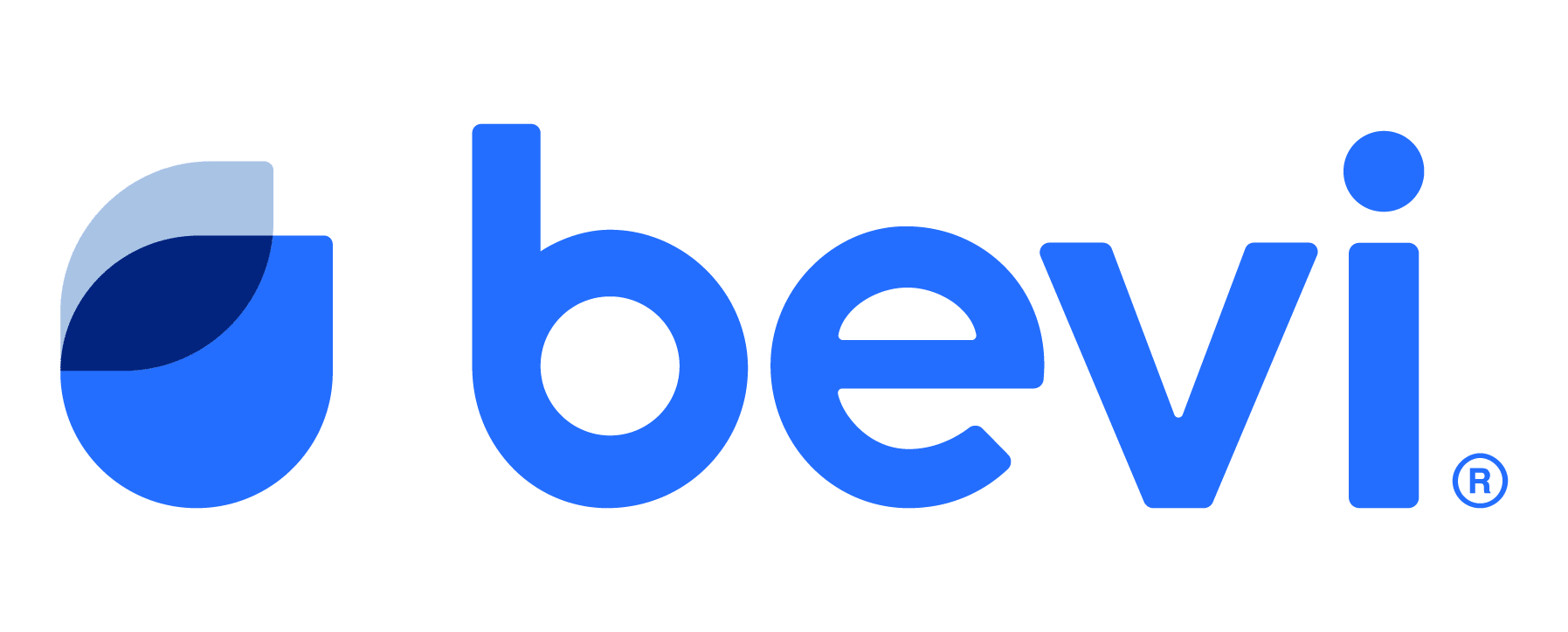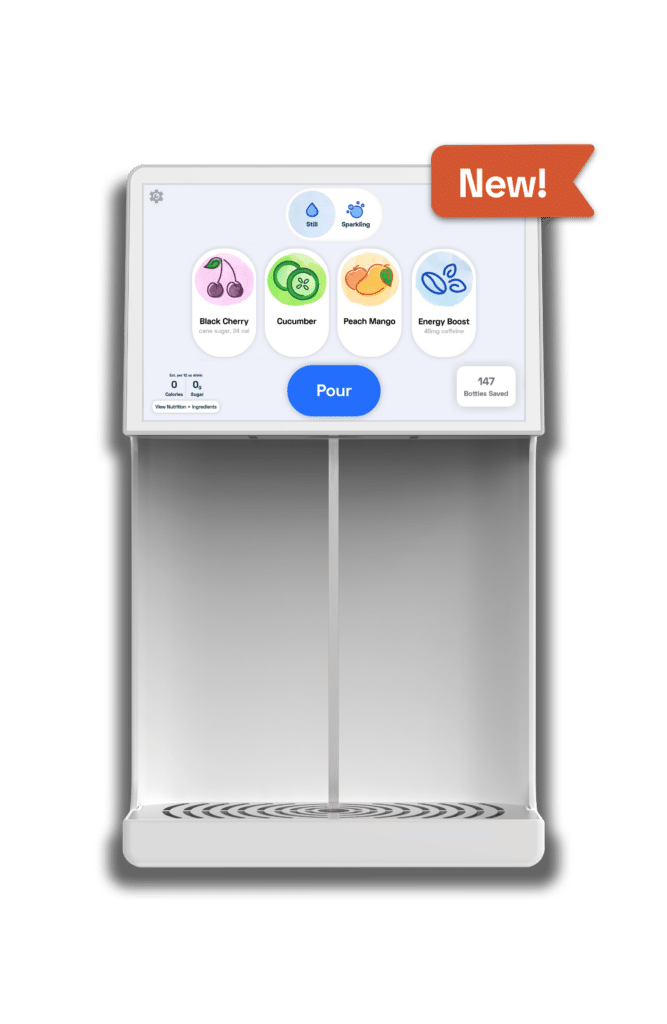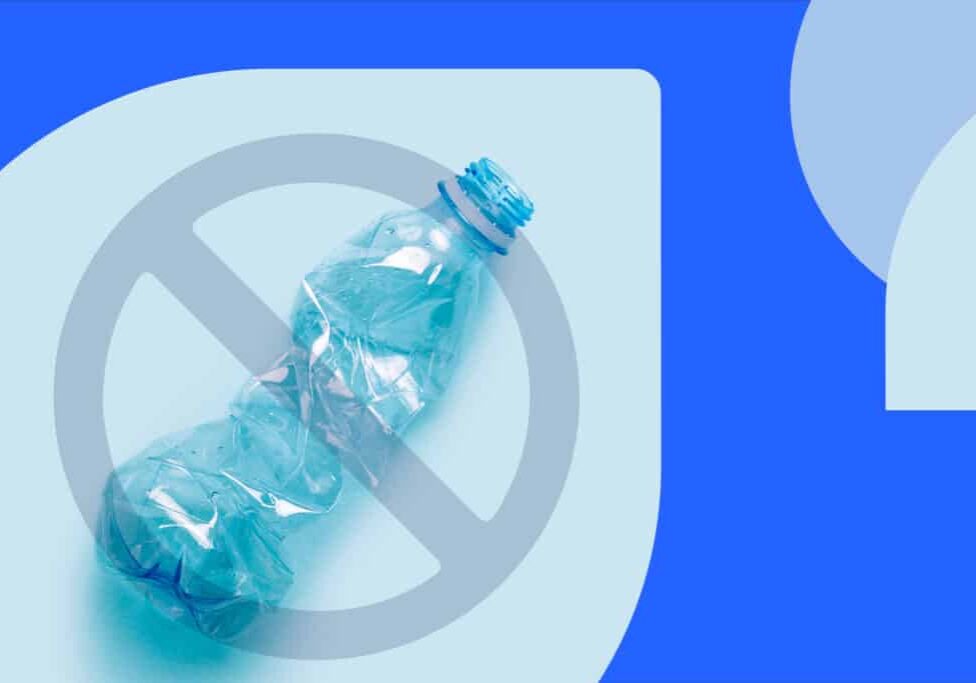October 17, 2024. Are plastic water bottles safe to drink from? The answer is a resounding, “Nope.” And, given that awareness of how unsafe they are is growing daily, by 2040, most countries will have put a ban on single-use plastic bottles.
This may seem like an impossibly fast change. Plastic bottled beverages are currently everywhere. An estimated 1.3 billion are sold each day for water alone. Aren’t people too dependent? Do governments have the support to enforce it?
Plus, even if you know it’s wasteful, without water, soda, juice, or sports bottled drinks available at stores, gas stations, or vending machines, the world might not look quite right. But this future free from single-use plastic bottles will arrive sooner than you think.
Why? Five reasons.
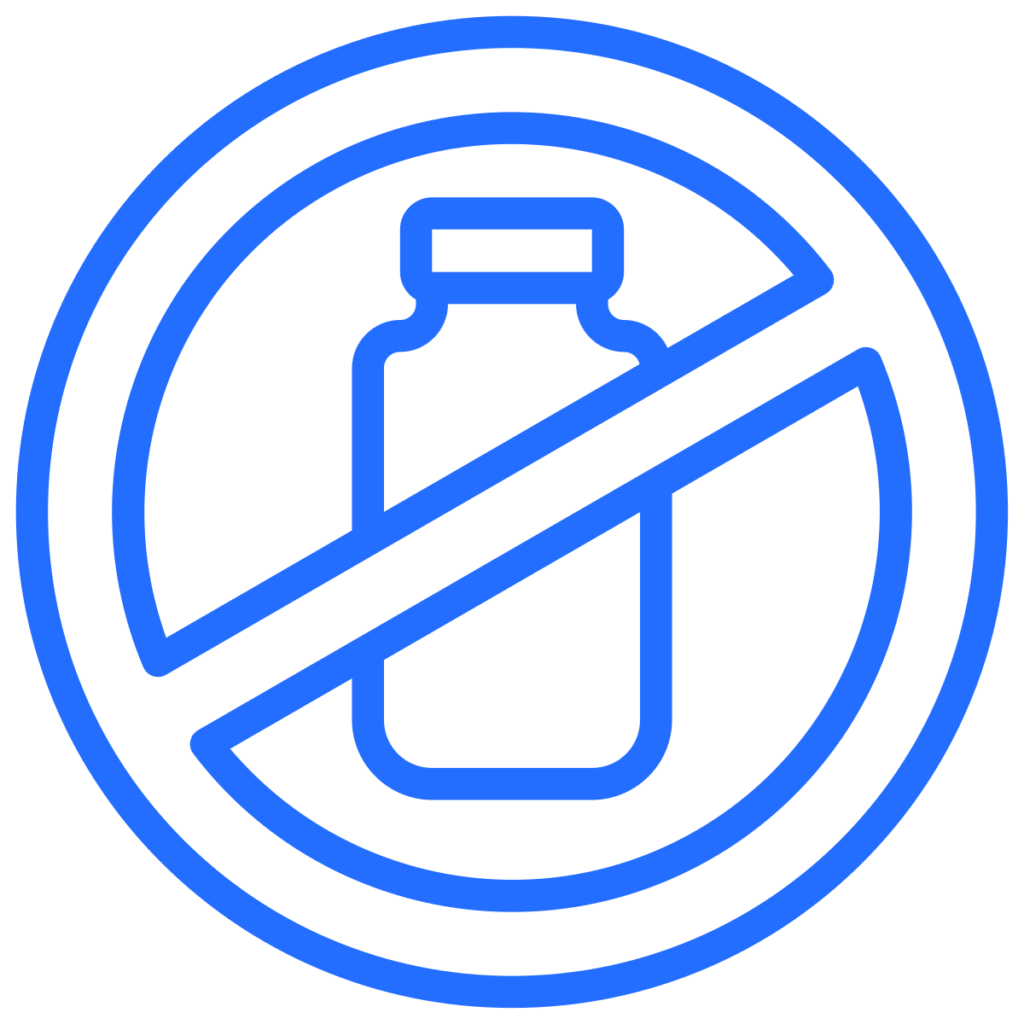
1. Single-use plastic bottles are by and large completely unnecessary.
Curbing pollution is difficult for most major industries, such as transportation, energy, and agriculture, because we rely on them so heavily; we must find sustainable solutions while continuing business as usual. The beverage industry, though, is different. It’s an industry of unnecessary excess, especially with plastic. The world’s largest beverage companies are the world’s leading plastic polluters—and their rate of pollution only continues to grow.
Out of the 14 million tons of plastic waste that get dumped into our oceans every year, 12% of it is plastic bottles. All this plastic pollution, over time, causes microplastics to enter our water supply, to become a part of the food we eat. These microplastics are a growing hazard to our health; they are being found everywhere—in our hair, lungs, arteries, blood, brains—and studies are starting to link them to serious health complications, such as heart attack, stroke, and even death.
Plastic water bottles aren’t safe for the planet and they aren’t healthy for us to drink from.
Given that most places in the world have access to water from wells or taps, the focus should be on purifying this water for safe drinking and enhancing its taste and functionality, rather than bottling it in plastic containers that will eventually become yet another pollutant. We can, and should, move the beverage industry in a completely different direction without majorly disrupting our way of life.

2. Plastic water bottles have too many microplastics in them.
It’s not only that plastic bottle waste pollutes our environments, which in turn means it ends up polluting our drinking water. It’s also that the plastic bottles we are drinking from pollute the drinks themselves. A liter of bottled water contains 240,000 detectable plastic fragments, dramatically more than thought of just a few years ago. There’s also 252% more PET (polyethylene terephthalate) plastic in bottles used for soda than those used for water, raising concerns that microplastics in those sugary bottled beverages could be even worse than what we’re seeing in plastic water bottles. Studies have already shown that bottled soft drinks and teas have some level of microplastic contamination.

3. Consumers are already over it.
Three out of four people want to see a worldwide ban on single-use plastics. Either due to the negative impact these products are causing to the environment, the negative impact they’re likely having on human health, or a combination of both factors, for most people, enough is enough. Time for less plastic packaging, no new plastic straws, and a complete ban on disposable plastic bottled beverages.
4. Policy action has already started.

Pollution from beverage companies is so extreme that U.S. states and cities and environmental groups have taken to suing these companies for endangering environmental and public health and misleading consumers on the recyclability of plastic. Massachusetts became the first state to ban purchase of single-use plastic bottles by state agencies this past summer. And starting this past summer, some cities in California banned plastic and paper water containers from being sold.
Are plastic water bottles safe? Many state governments think not.
At the same time as bans are going into effect, reusable bottles are also becoming more of a hallmark of everyone’s daily carry, rendering single-use plastic bottles a needless extravagance. From New York City to San Diego, legislation is being put in place to allow for people to bring reusable bottles into stadiums, concert venues, and other businesses where single-use containers used to dominate. That trend will only continue.
Lastly, look no further than Europe for the sweeping policy change around single-use plastic bottles that’s already underway. The European Union, a trailblazer on many regulations that end up spreading throughout the world, such as food safety standards and data privacy, has already started imposing limits on single-use plastic packaging. And the Olympics this year in Paris took significant strides to cut down the use of single-use plastics.
5. Solutions already exist in market that can replace single-use plastic water bottles. Let’s embrace them.
Perhaps most relevant, we aren’t waiting on any technological breakthroughs to offer high-quality beverages without single-use plastic bottles. Sustainable solutions (from Bevi and other companies!) are available right now, in many cases at a significant price discount to bottled beverages.
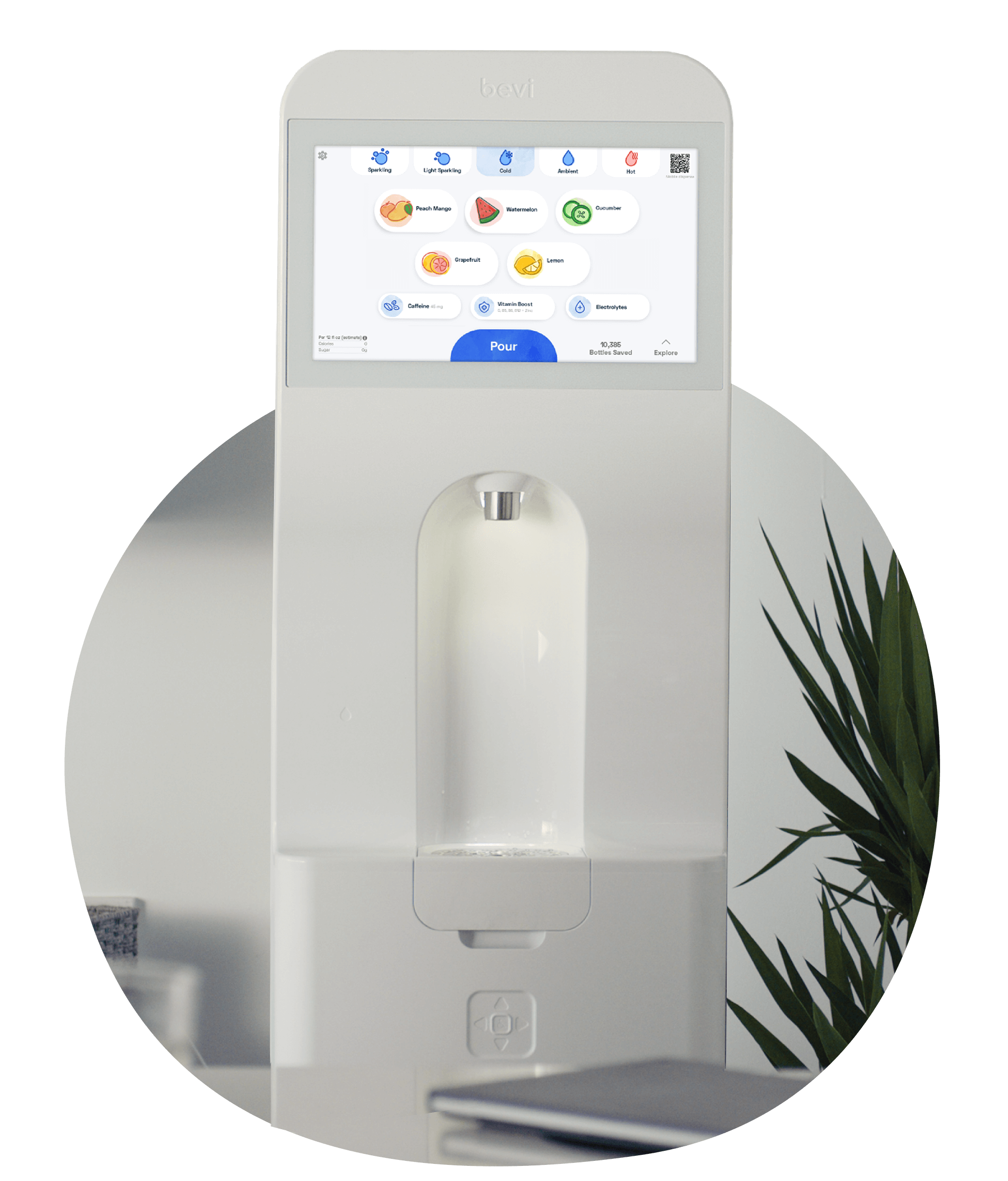
As far out as it may seem that most countries will ban single-use plastic bottles over the next fifteen years, it’s important to remember what we’re moving towards rather than what we’re leaving behind. Alternatives to single-use plastic bottles can be just as convenient and refreshing, as well as more fun and customizable, and not to mention actually sustainable, if we design them that way.
A future free from single-use plastic bottles is one where we’re not only healthier, but happier. Instead of having to worry about if a plastic water bottle is safe to drink from, you can just enjoy the beverage itself.
